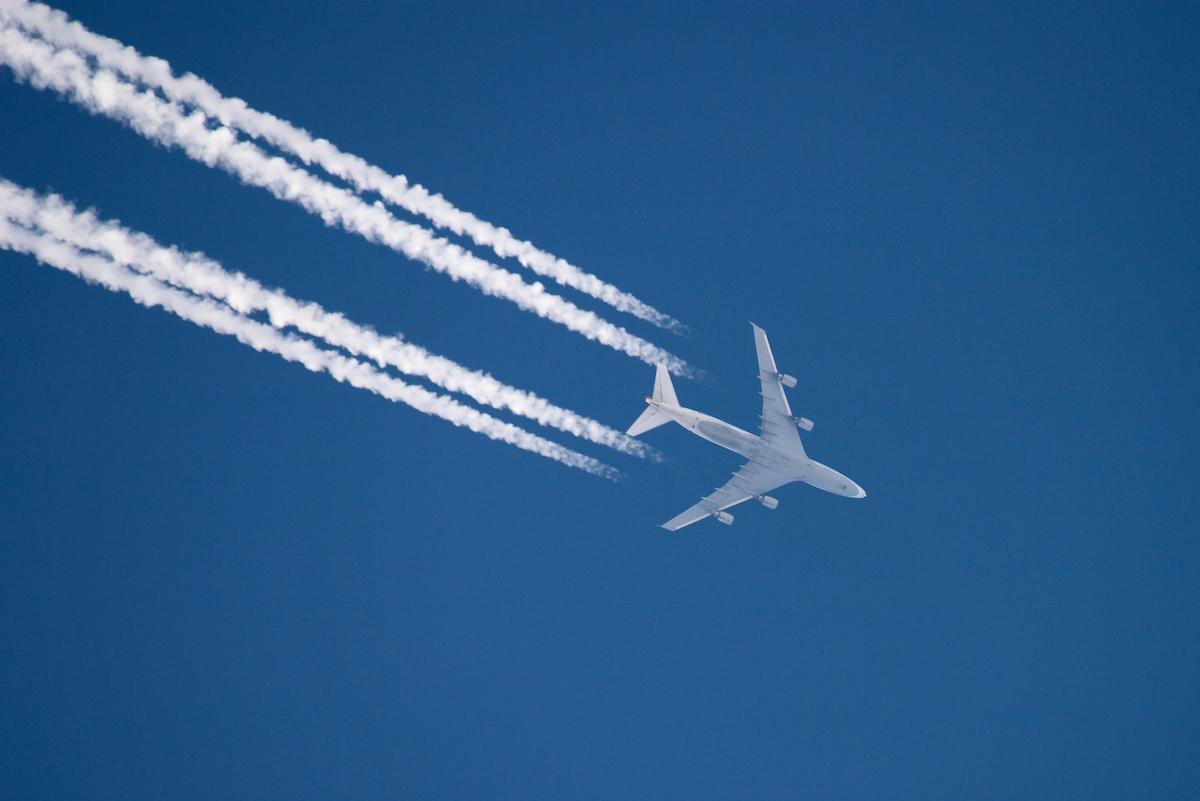
Credit: Getty Images/eddl
LYON—After meeting in Toulouse over Feb. 3-4, the EU’s 27 transport ministers have now issued a declaration that they hope sets the stage for a long-term aspirational goal (LTAG) on aviation sustainability to be adopted at the ICAO Assembly in September. The “Toulouse declaration on future...
Subscription Required
This content requires a subscription to one of the Aviation Week Intelligence Network (AWIN) bundles.
Schedule a demo today to find out how you can access this content and similar content related to your area of the global aviation industry.
Already an AWIN subscriber? Login
Did you know? Aviation Week has won top honors multiple times in the Jesse H. Neal National Business Journalism Awards, the business-to-business media equivalent of the Pulitzer Prizes.

